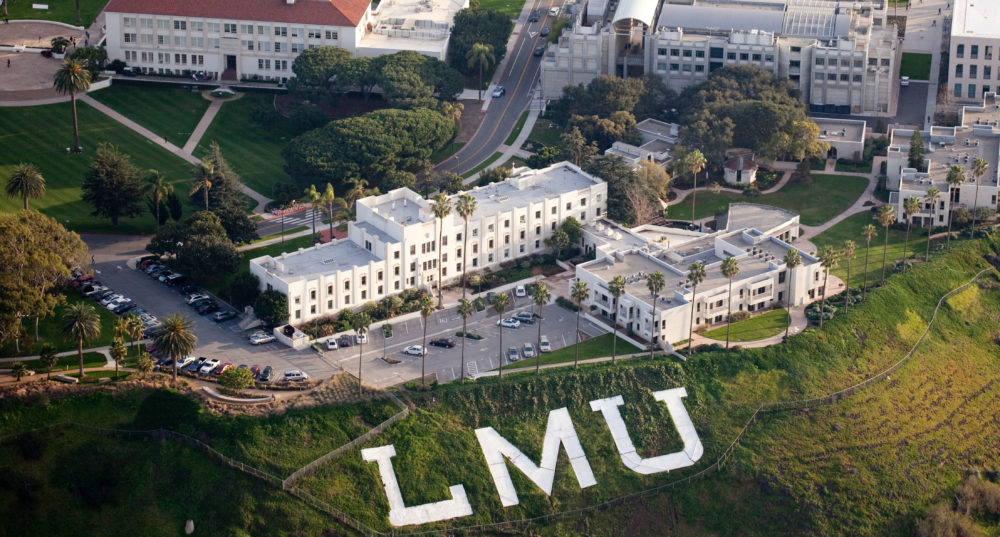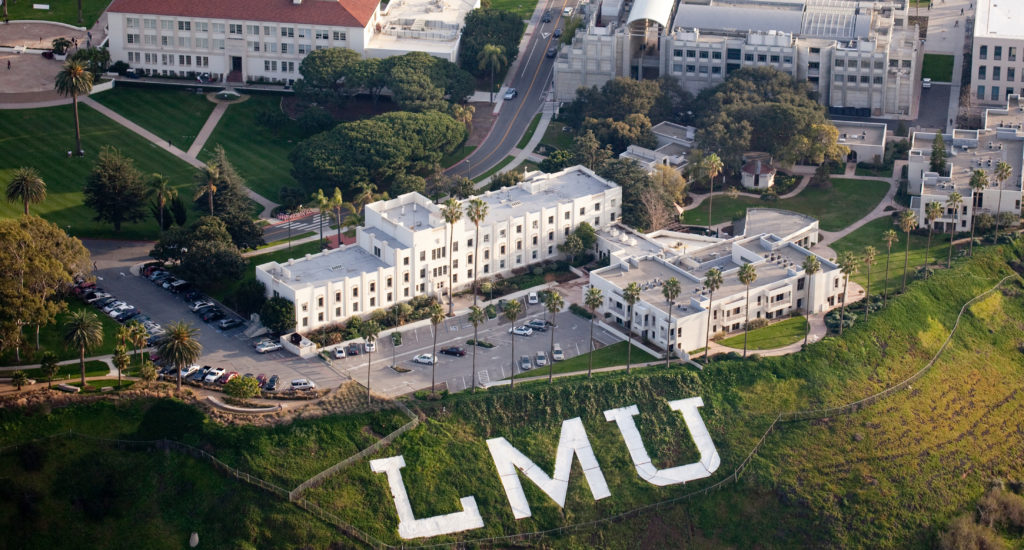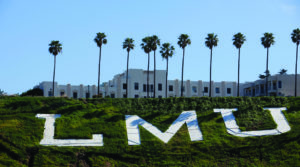Faculty Senate View is a periodic feature of LMU This Week where the university’s Faculty Senate shares faculty contributions and perspectives with the community.
By Dorothea K. Herreiner
This article starts a new feature in which the Faculty Senate will convey faculty contributions and perspectives on developments at LMU and in higher education. The name Faculty Senate View is inspired by the bluff that affords us beautiful views from campus that allow us to reflect outward and inward – views and a campus that many of us miss very much these days. The past several months have shaken our understanding of our work and view of higher education. The hasty transition to remote learning has left not just students but also many faculty members disoriented.
LMU, as a residential liberal arts university, prides itself on small class sizes, close interactions between professors and students, as well as among students, expert faculty, mentorship, active learning, high-level research, campus community, and much more. The core Jesuit values of “men and women for and with others” and cura personalis are key tenets for faculty. Faculty choose to teach and work at LMU because we value the close interactions with students, the opportunities to introduce them to new ways of thinking, the gratification to see students grow, and the support we can give students as we challenge them. The encouragement of learning, one of the three pillars of LMU’s mission, relies on these close interactions. The transition to remote learning has made faculty wonder and struggle with how to maintain and translate the LMU way to online learning.
The transition to remote learning has also made us look closer at what the LMU way of learning is, what the key elements are that make the encouragement of learning possible. We know that teacher conceptions of learning are decisive to the nature of student learning (see, e.g., many studies by Trigwell and coauthors). Teacher conceptions of learning develop out of our own experiences as students and the experience of teaching classes in areas of our expertise and interest. With more experience, we figure out what the most important so-called threshold concepts are; these are stumbling blocks that are difficult to surpass and to deeply understand, but once learned, they shift perspectives and turn students into experts.
Ideally, we design classes to address such thresholds by using the tools typical in our fields and by continuously seeking new tools, often inspired by our colleagues, in our own disciplines and beyond. We also keep adapting our classes to the developing knowledge and debates in our fields. Revising course design is, therefore, nothing new to instructors, but suddenly radically shifting teaching mode puts many aspects of our course design in question. Many pedagogical tools do not easily transfer into online mode – some do not transfer at all – and there are new options that we are getting familiar with. Building personal connections in an online environment is different and needs to be rethought.
We do rely on personal connections in an LMU education and its role is particularly important for undergraduate students (and, us, their faculty). One of the goals of the very hard work by faculty this summer is to redesign our courses such that we can build these personal connections into our courses: personal connections between students and faculty; students and students; students and campus; students and the community; students and content; and students with their own selves to fulfill our mission of educating the whole person. Building such connections is hard no matter the medium, to most of us it appears harder in an online environment; it is even harder if we may have to teach in more than one mode and be ready to switch modes with barely any notice. And this comes with the shift in content matter to a different medium and teaching environment, a time-consuming endeavor that needs to be done well. It also comes with new experiences and challenges for students that we need to anticipate and be ready for, individually and as a university.
We faculty pride ourselves for our work, we are immersing ourselves in new technologies and pedagogies, we are getting ready for the fall, and will be offering great learning and growth opportunities to our students. We will celebrate exploring and learning together in many innovative ways and further develop but not change what an LMU education stands for.
Dorothea K. Herreiner, Ph.D., is president of the Faculty Senate and an associate professor of economics in the LMU Bellarmine College of Liberal Arts.




